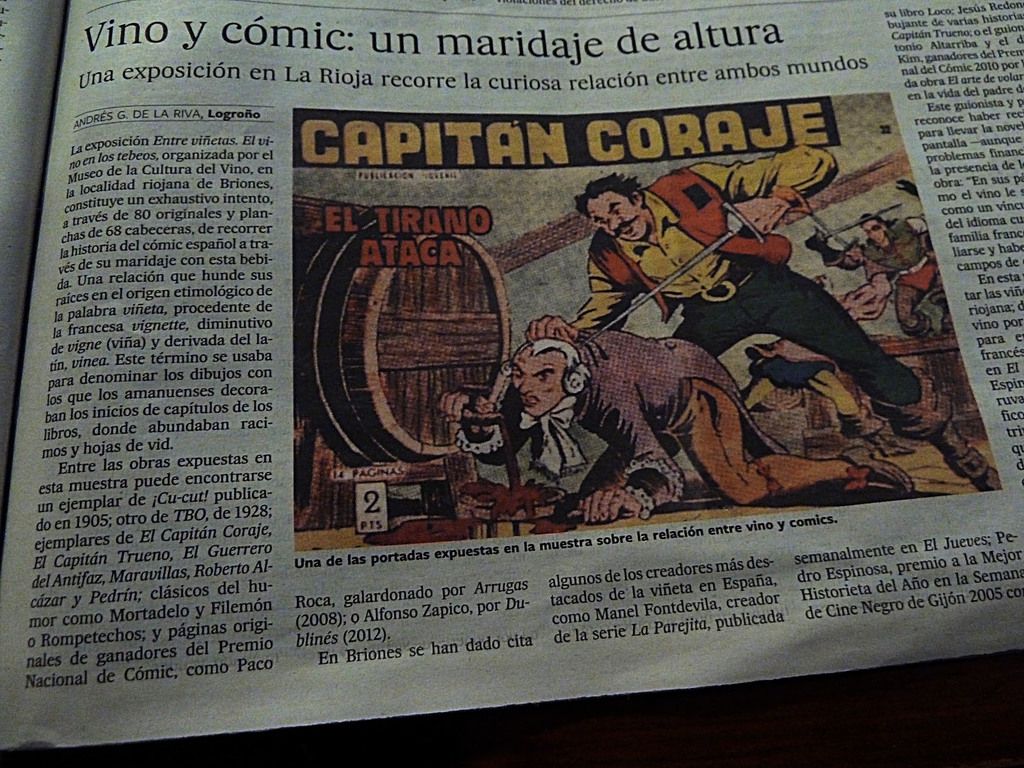Pursued an ambition to relocate the human species into an underwater environment.
Ocean Pioneer: Jacques-Yves Cousteau and His Underwater Empire
Get ready to dive into the life of Jacques-Yves Cousteau, a man who revolutionized our understanding of the ocean depths. He was the fearless explorer, inventor, and visionary who believed humanity should conquer the oceans just as it had the skies.
A Passion Ignited Beneath the Surface
Cousteau's obsession with the ocean began as a child when he serendipitously stumbled upon a pair of diving goggles. Driven by curiosity and thrill, the boy from France embarked on a lifelong quest to unravel the underwater world's secrets.
The Birth of the Aqualung
The world owes much to Cousteau and his partnership with French-Canadian engineer Émile Gagnan in developing the prototype of the aqualung, or "underwater lung," in 1943. Cousteau's innovation was a modified version of Benoît Rouquayrol's earlier regulator, which had a significant drawback—poisonings due to a closed breathing system. Cousteau's adaptation, the aqualung, introduced an open breathing scheme on compressed air, making it safer and reliable for divers.
The Lens Beneath the Waves
Cousteau's passion for invention and storytelling combined to produce groundbreaking underwater documentaries, such as "18 Meters Deep" and "Sunken Ships." By creating the first waterproof video camera from available materials, Cousteau made it possible for millions to see the beauty of the underwater world. He also developed a system of underwater television, capable of capturing images at depths of up to 7,250 meters.
Wartime Daring
In a twist of fate, Cousteau's oceanic obsession did not spare him from the chaos of World War II. As a member of the French Resistance, he awed the enemy during a 1941 raid in which he successfully obtained secret Italian codes, earning him a knight of the Legion of Honor in 1946. Despite the war, Cousteau continued his underwater filming and research, employing revolutionary techniques to create educational films.
A Floating Oceanographic Laboratory
Cousteau's most notable vessel, Calypso, began its life as a British Royal Navy minesweeper and a ferry in Malta. Irish millionaire Thomas Loel Guinness purchased the wooden ship and leased it to Cousteau for a symbolic fee of just one franc per year. The iconic ship was transformed into an oceanographic laboratory, complete with a helicopter pad, underwater observation chamber, mini-submarines, and even motorcycles designed for underwater exploration.
Legacy Beyond Measure
With over 50 books and numerous documentaries to his name, Cousteau shared his oceanic wonders and conservation messages with millions worldwide. His work garnered him prestigious awards, including Academy Awards for Best Documentary and the Golden Palm Award. In addition to his artistic accomplishments, Cousteau raised global awareness about the fragility of ocean ecosystems and contributed to marine biology through his keen observations of marine life.
The Pursuit of Underwater Cities
Cousteau's utopian dream of living beneath the waves led him to design and build the first underwater home in 1962. Installed in the harbor of Marseille, the "Diogenes" inspired a series of experiments with underwater habitats. Although funding gaps halted their progression, Cousteau's vision of oceanic cities remains an intriguing concept.
An Ocean of Appreciation
Cousteau passed away on June 25, 1997, at the age of 87. Today, he is remembered as a marine conservation pioneer, a visionary who pushed humanity's boundaries, and a man whose unyielding passion for the ocean has left an indelible mark on our world. As we celebrate the 115th anniversary of his birth, let us honor Cousteau's legacy by protecting and cherishing the ocean he so dearly loved.
Curiosity led Jacques-Yves Cousteau to embrace science, particularly environmental science and health-and-wellness through his fascination with the ocean. Cousteau's invention, the aqualung, revolutionized fitness-and-exercise, allowing for safer, more reliable underwater exploration. His work in technology, such as waterproof cameras and underwater television, contributed significantly to the fields of education-and-self-development and lifestyle. In his pursuit for oceanic utopias, Cousteau delved into environmental-science, designing and building underwater homes. His passion for the ocean extended to space-and-astronomy, as he applied technological advancements from one field to another. Throughout his life, Cousteau's contributions, including his books, documentaries, and oceanographic laboratories, had a profound impact on humanity's understanding and appreciation of the oceans and their conservation.








